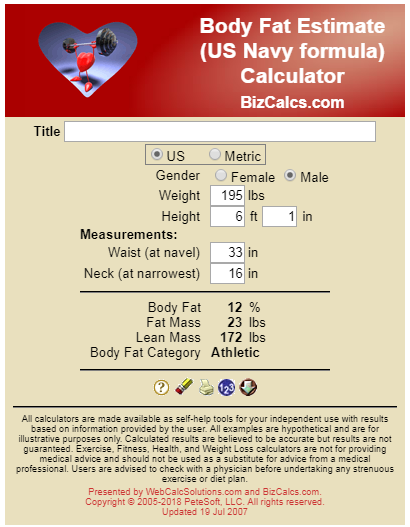What your saying here is interesting and caught my attention and for the sake of not creating a new hypothesis; if you were to simply or moderately increase carbohydrate intake and “naturally” (in contrast to “artificially driving up”) bring down (glucose) insulin frequency and really cut down on the dietary intake of protein and fat or eliminating it entirely? You (humans not experimental mice) would then rapidly start burning body fat and if diabetic very very rapidly? That’s fascinating and is blowing my mind! But then what would happen (below) if we don’t get any dietary fat?
Short Answer: You will probably end up with skinny diabetes or pathological insulin resistance neo-genesis from a fatty liver? Puts a serious ROADBLOCK & STOP sign on going pro-carbohydrate vegan (sorry vegans)?
“…Reporting in the May issue of the journal Cell Metabolism, the researchers say these mice developed fatty liver disease when placed on a zero fat diet.
“When we took dietary fat away from the FASKOL (FAS knock out in liver) mice, their livers quickly filled with fat,” says senior investigator Clay F. Semenkovich, M.D., professor of medicine and of cell biology and physiology. “Their ‘old’ fat stores mobilized to the liver, but their livers could not initiate fat burning, and the fat just accumulated. We concluded that to regulate fat burning, the liver needs ‘new’ fat.” …”
“…New fat is the fat that is consumed in food or is newly made in the liver as glucose is converted to fat by fatty acid synthase, the enzyme missing in the FASKOL (FAS knock out in liver) mice. When the system takes in high amounts of glucose, fatty acid synthase in the liver makes it into new fat.
In addition to fatty livers, the transgenic mice developed LOW BLOOD SUGAR levels on the zero fat diet. Both symptoms were reversed with dietary fat, and in fact on a normal diet, the transgenic mice were no different than normal mice in terms of body weight, body fat, metabolic rate and food intake. …”
“…The effect of added dietary fat was duplicated when the mice were treated with a drug that activates a protein called PPAR-alpha. Liver fat declined to normal in the FASKOL (FAS knock out in liver) mice within 10 days of receiving the PPAR-alpha activating drug. …”
“…PPAR-alpha is a protein found in all mammals and is central to metabolic processes that extract energy from dietary components like carbohydrates and fats. Because the PPAR-alpha activating drug did the same work that dietary fat does, the investigators concluded that new fat may be crucial to initiating the PPAR-alpha pathway.
“Scientists have argued that PPAR-alpha is activated by fats,” says Semenkovich, who also directs the Division of Endocrinology, Metabolism and Lipid Research and is a staff physician at Barnes-Jewish Hospital. “But we’ve never known which fats or where they come from. This study suggests that new fat is a ‘key’ that unlocks the ‘door’ for PPAR-alpha in the liver.”
The liver is very important for processing nutrients consumed in the diet and sending them on to the rest of the body. Abnormal processing of glucose or lipids in the liver contributes to problems of type 2 diabetes and atherosclerosis, and fatty liver disease often is seen in people who are obese or suffer from insulin resistance. …” …More




